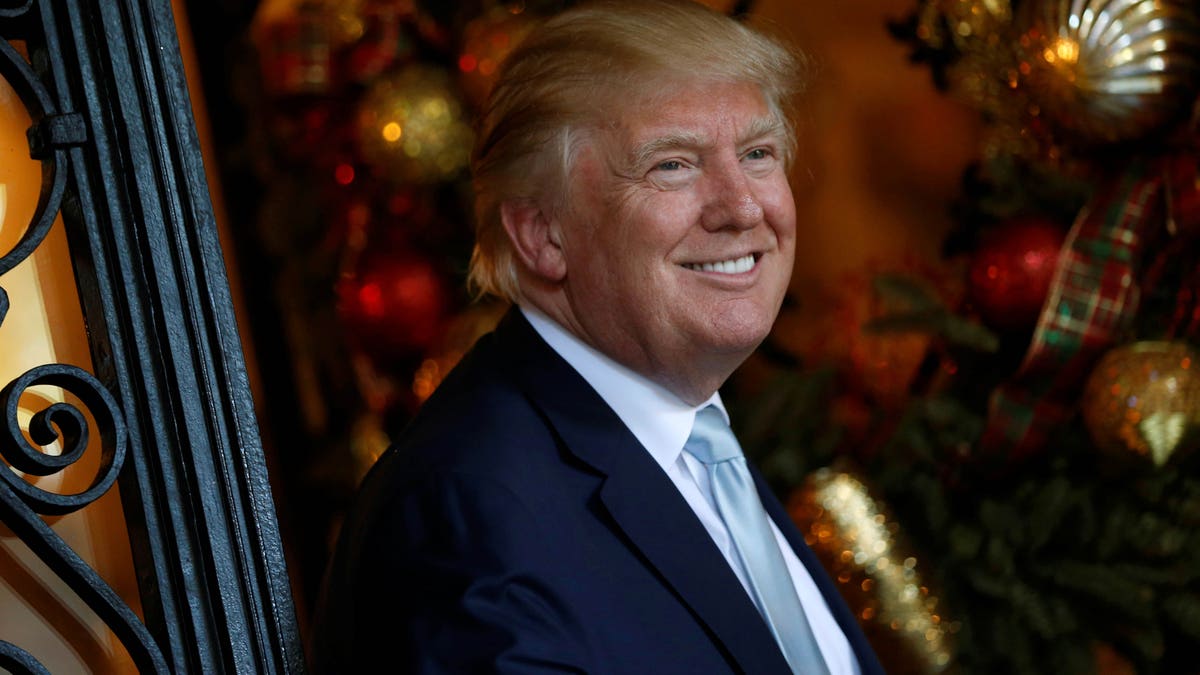
FILE -- (REUTERS/Jonathan Ernst)
President Trump continued to deliver on his campaign promise of putting brilliant conservative judges on the federal courts Monday, announcing his first large batch of nominees.
As was true of Trump's selection of Neil Gorsuch for the Supreme Court, this group of ten nominees confirms the president's stated commitment to appoint judges who will enforce the Constitution’s limits on federal power and its protection of individual liberty.
The large number of openings on the federal courts (150 current vacancies and announced retirements) gives President Trump a historic opportunity to move the federal courts in the right direction – towards constitutionalism and away from judicial activism – in just four years. Fulfilling this opportunity will require a steady stream of judicial nominations from the White House and a brisk pace of hearings in the Senate Judiciary Committee.
By naming ten nominees just four weeks after the White House finished its selection and confirmation of a Supreme Court Justice, President Trump has demonstrated his commitment to speedy judicial nominations. It took President Obama until July of 2009 to name as many nominees.
Conservatives should be especially pleased that President Trump has made the U.S. Courts of Appeal, the most influential courts after the Supreme Court, a priority. Six of the president's first 11 lower court nominations – Amul Thapar was named to the Sixth Circuit in March – are to the Courts of Appeal. By already naming nominees for one quarter of the 24 appeals court openings, Trump is off to a great start.
Of the six appeals court nominees, five are in their forties. Given the lifetime tenure of federal judges, this is important in its own right. It also means that President Trump is quickly expanding the number of young conservative appeals court judges, a pool from which his future Supreme Court appointees will likely be drawn.
Despite the exceptional qualifications of President Trump's first group of judicial nominees, we cannot assume they will be swiftly confirmed. Senate Democrats, who have promised their base that they will resist Trump at every turn, will be as determined to defeat or slow the confirmation of his lower court nominees as they were to stop Justice Gorsuch.
While Senate Democrats do not have the judicial filibuster at their disposal – Majority Leader Harry Reid saw to that by invoking the nuclear option in 2013 – they are likely to slow the confirmation process by exploiting post-cloture debate time at a record level.
They may even attempt to defeat nominees by abusing the "blue slip" privilege granted to the two senators from each nominee's home state. Senators love the privilege because it encourages the White House to involve them in the nominee selection process.
Nonetheless, if Democrats turn this consultation into obstruction, Senate Judiciary Chairman Chuck Grassley may be forced to curtail the 100 year old blue slip tradition.
